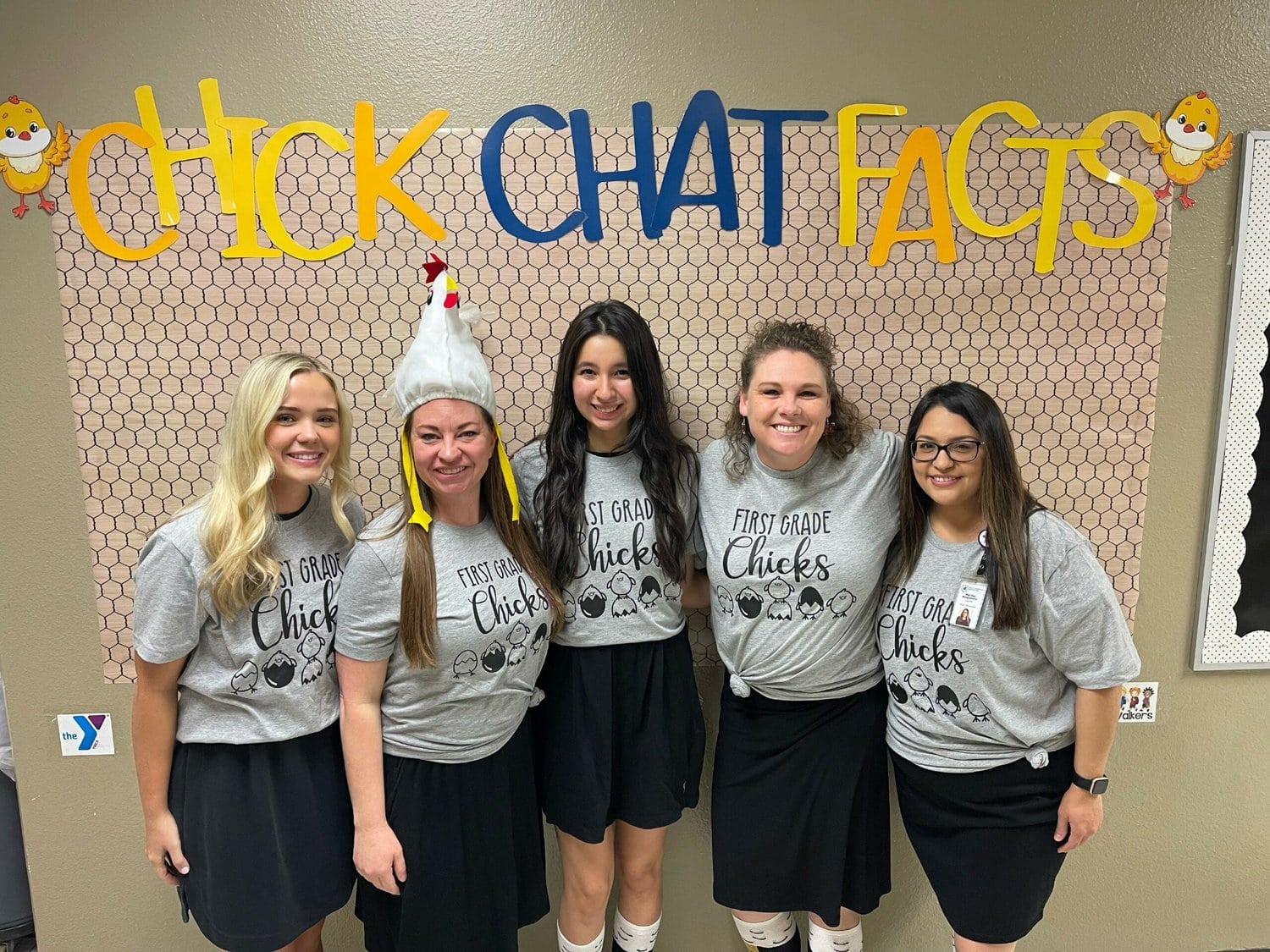Texas A&M Program
From mid-March until early April, students in all 17 elementary schools in the Eagle Mountain-Saginaw Independent School District enjoyed an in-classroom experience that likely will stick with them forever.
That’s when the Texas A&M University AgriLife Extension Service brought its Hatching in the Classroom program to the schools. Each facility was provided with all materials needed, including incubators and approximately a dozen eggs, with about 7-8 typically making it completely through.
The program came to fruition because Susan Cook, Eagle Mountain-Saginaw ISD’s elementary school science coordinator, asked AgriLife for assistance in teaching the first-grade lifecycle segment.
“We try to make it as user-friendly as we can for the teachers,” said Kate Marshall, Tarrant County Extension Agent – 4-H and Youth Development. “We provide them with training before the project to make them familiar with the incubator and aspects of the process. We really want it to be like a pick up and go for the teachers so they are not having to scurry and find supplies or have to purchase anything either.”
Marshall followed up virtually with teachers to track progress. Once complete, good homes were found for the chicks, and the incubators were picked up for future use. Often teachers took some of the newborns with them while others were brought to farms.
“I think the teachers are just as excited about the project as the kids just to be able to experience it hands-on,” Marshall said. “The 4-H program is all about learning by doing so we give kids the opportunity to experience the lifecycle by seeing those 21 days of incubation by those chicks. And a lot of the schools do a livestream that we can actually watch the chicks as they hatch.”
Marshall estimates more than 2,000 students in the county – including 1,200-1,500 in the Eagle Mountain-Saginaw ISD – were exposed to the program. This included students beyond first grade.
“It’s a pretty good way for the kids to track the lifecycle as they see the chicks hatch at the end of the 21 days,” Marshall said. “It’s pretty cool.”
“One thing that was pretty cool that they could do is what’s called candling with their eggs. This is where they could take a flashlight and actually see movement if there’s a chick developing in that egg.”
AgriLife provides and conveys university-based research-based information to communities throughout the state.
“Along with traditional 4-H clubs you can belong to, another way we reach as many kids as possible is through these curriculum-based programs through the schools here in Tarrant County,” Marshall said. “A lot of people think you have to own livestock to be part of the 4-H program but really there are many opportunities to be involved.”







